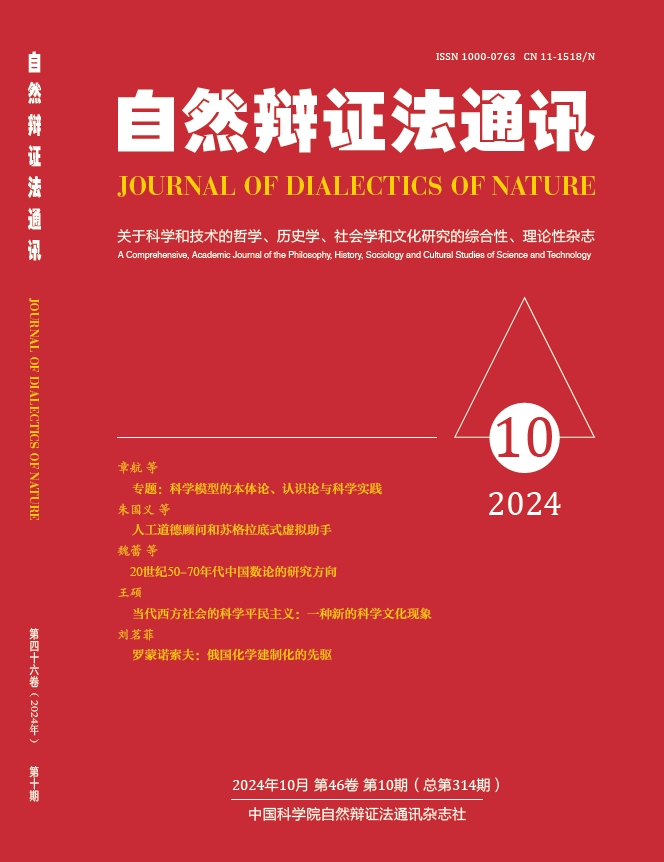

Abstract: The original intention of the proposal of moral artificial intelligence was to avoid the opposition of biological conservatism to Biomedical Moral Enhancement (BME). With the deepening of research, scholars have found that although Artificial Moral Advisors (AMA) can effectively avoid the opposition of biological conservatism to the interference of Biomedical Moral Enhancement in human freedom, they also fall into the trap of affecting human autonomy. The Ethics Enhancement Program of Artificial Moral Advisor is committed to achieving highly developed ethical artificial intelligence to help people make ethical decisions. A perfect moral machine can easily lead to dependence on moral actions, and there is a risk of human moral life being dominated by moral machines. In response to this, SocrAI was proposed to transform the positioning of artificial intelligence from a moral advisor to a tool for moral education, helping people to reason morally and enhance their moral abilities through moral dialogue.
Key Words: Moral enhancement; Artificial moral advisor; SocrAI; Artificial intelligence
This article can be downloaded here
https://jdn.ucas.ac.cn/public/uploads/files/66e1447c76353.pdf
- Contact Us
- Address: No.19A Yuquan Road, Beijing, 100049, China
- Phone: +86-10-88256007
- Email:jdn@ucas.ac.cn




